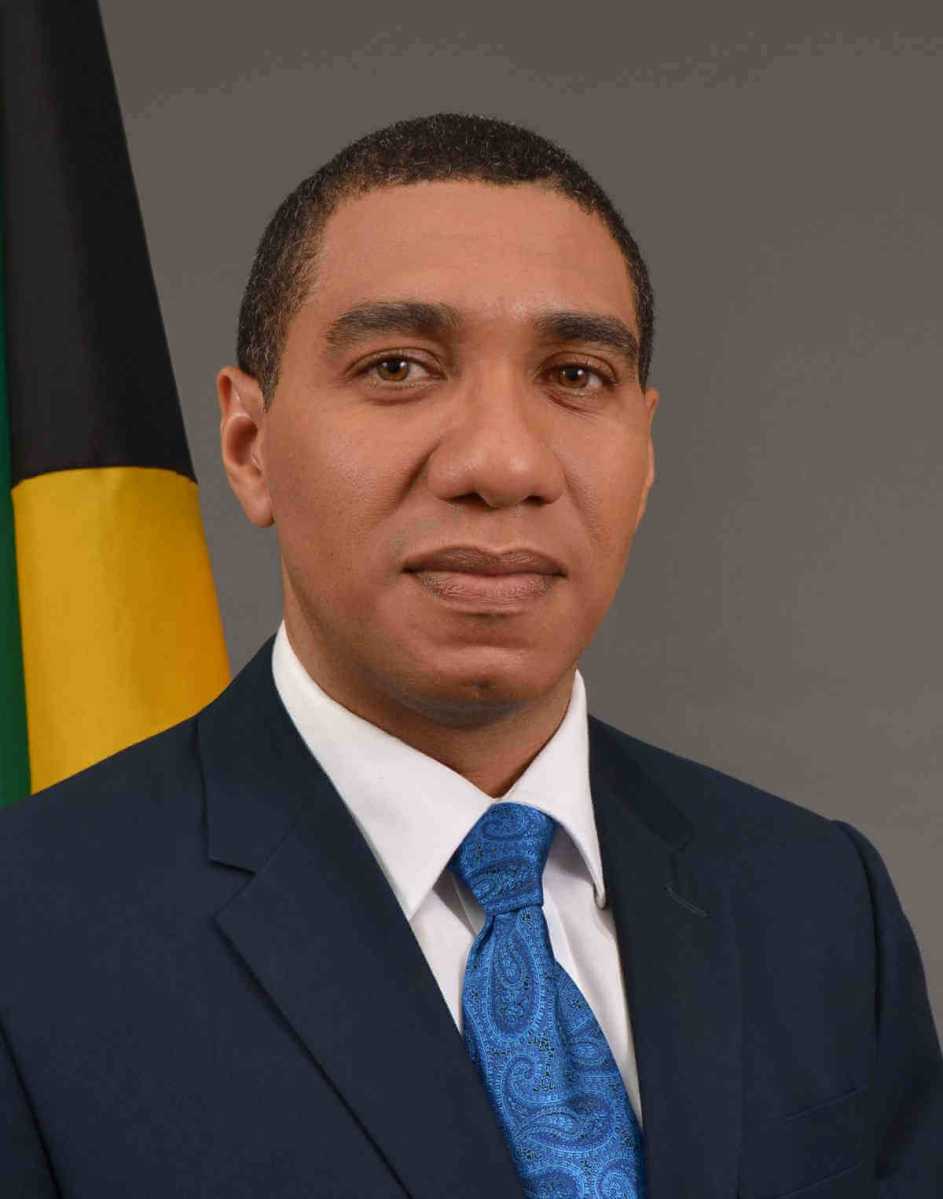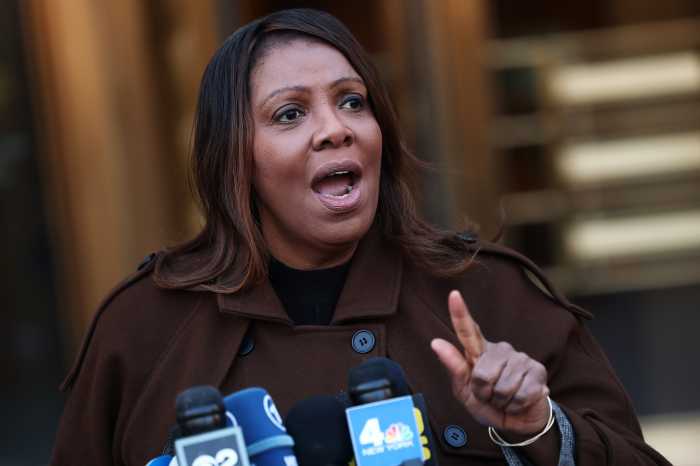Caribbean Community governments continued their battle to limit the spread of the deadly coronavirus in the region with some governments turning to Cuban medical teams for help. Others like Jamaica are preparing to convert public spaces and state buildings into field hospitals to cater for recovering patients and in the event that care centers are overwhelmed by confirmed cases.
The administration of Prime Minister Andrew Holness at midweek announced plans to turn the famous National Arena into a makeshift hospital, approving nearly $1 million in special funds for the conversion. The allocation will also include special protective gear for frontline health workers.
Work is to begin almost immediately and could take up to three weeks. The converted facility will be able to house about 130. Authorities had last month signaled efforts to lease up to 600 hotel rooms to cater for recovering patients but it appears that cabinet has signed off on the arena as the place to house such patients.
Authorities have also inked deals with other hospitals to serve as overflow centers in the event that numbers rise exponentially.
As the fight continues, the Barbados-based Caribbean Development Bank (CDB) has set aside a special package of $3million for member countries to purchase special protective gear for health and emergency workers. These includes professional level masks, gloves, safety gowns and others.
“With the disruption of supply chains, increased and soaring prices, the CBD will purchase personal protective equipment in bulk to achieve value for money and certainty of supply to frontline helpers who are fighting the Covic-19 pandemic,” Bank Vice President Monica LaBennet said. The bank will work closely with the regional emergency response agency in coordinating distribution of equipment. The bank has already approved $140 million in concession loans to governments for the pandemic.
Barbadian authorities, meanwhile, say they will look elsewhere for a supply of ventilators after American authorities intercepted and seized a shipment of 120 destined for the island late last week.
“They were seized in the United States. Paid for, but seized, so we are trying to see exactly what is going to transpire there,” Health Minister Jeff Bostic Bostic told reporters. “But I remind you that ventilators are one of the most in-demand items in the world today and Barbados is merely wrestling with the other 203 countries and territories around the world seeking to secure as many of these pieces of equipment as possible.”
As the Easter weekend approaches, several governments including The Bahamas and Jamaica are preparing to reinforce dusk to dawn curfews and total lockdowns of countries to limit public contact and to ensure social distancing guidelines are met.
Bahamians rushed to supermarkets, stores and petrol filling stations at midweek ahead of a Wednesday to Tuesday morning total lockdown of the archipelago. The Tribune Newspaper warned that the total shutdown would be tough but said it is necessary.
“When the country shuts down again on Wednesday, through the Easter Weekend until it returns to 24-hour curfew status on Tuesday morning, it will be an experience few of us will have experienced. In other words, get used to it. It will be hard. But it is necessary. The restrictions we’ve had to deal with so far will be magnified, just as they were at the weekend past. There will be no going out. There will be no places to go out to. No stores will be open. No gas stations to fill your tank. No bars or restaurants,” the paper said in an editorial.



























